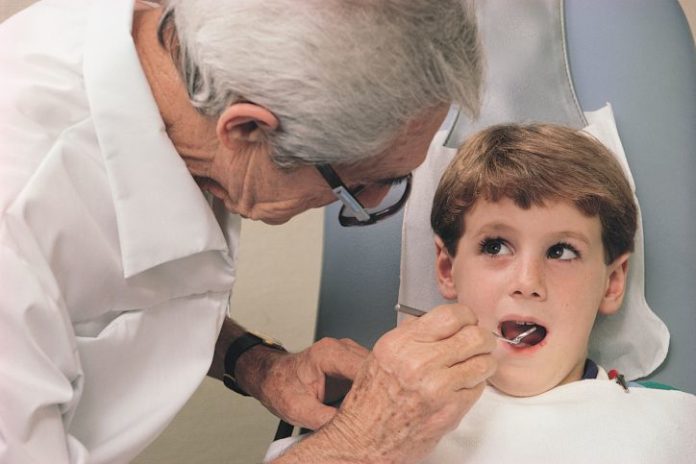A study of YouTube videos including emotional scenes where children and teens are seen crying, screaming and panicked has revealed new insight into their fear and loathing of going to the dentist.
A team of researchers from universities in China, Malayasia and The University of Western Australia tapped into the social media video platform expecting to record spontaneous personal reactions which could add to existing knowledge about Dental Fear and Anxiety (DFA).
What they found was that fear of the dentist has a variety of manifestations, impacts, and origins, some of which only became apparent when using internet and social media, supporting the value of social media to gain a better understanding of health issues.
Of the 182 videos researchers found concerning people’s views or experiences on DFA, 27 videos about 32 children or adolescents (17 males and 15 females) were analysed, including three videos concerning both children/adolescents and adults.
The study published in the Journal of Medical Internet Research said videos often showed immediate physical reactions such as crying piteously, screaming forcefully and shivering uncontrollably. Removal of wisdom teeth was a nightmare to some adolescents after hearing terrible stories from close friends.
One subject expressed: “I was scared to have them removed. I was afraid to turn 18. I absolutely hated the dentist.”
It found some children’s fear was installed by careless words from parents including the mother of one girl who attributed her daughter’s uncooperative behaviour to her father who had told her in a teasing tone that: “the dentist would pull your teeth”.
“The personal narratives and original sharing uploaded spontaneously by patients and the public to YouTube provide a rich context to our existing knowledge of dental fear,” research co-author Winthrop Professor Nigel King said.
“Dental Fear and Anxiety in children is known to cause uncooperative behaviour during dental visits, delays in treatment, sleep disorders and psychological issues that can affect daily life,” he added.
The study concludes that attaching real life experiences to existing knowledge on DFA unveiled some missing pieces of the puzzle which could be corroborated through further studies incorporating in-depth interviews with parents and patients to help paediatric patients regulate their emotions while they face other challenges in life.










